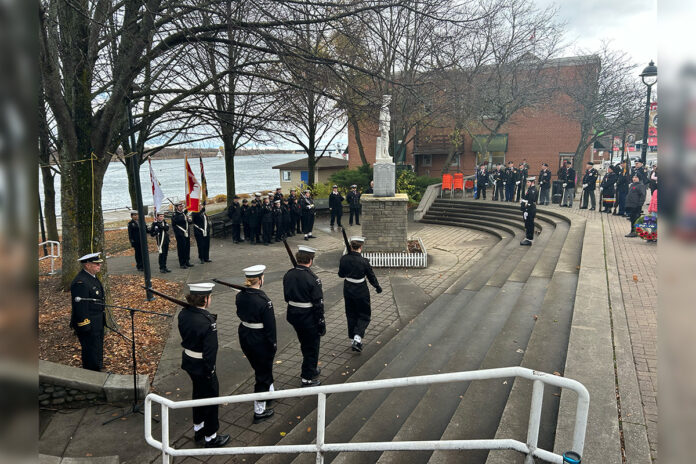ROBINSON-HURON TERRITORY—In a decision issued on October 30, Justice Jana Steele of the Superior Court of Justice has called for a judicial review of a $510 million legal fee tied to the $10 billion Robinson Huron Treaty settlement. The ruling responds to a legal challenge initiated by Atikameksheng Anishnawbek and Garden River First Nation, who argued that the fees were disproportionately high and should be significantly reduced to benefit all 21 First Nations involved.
The settlement, reached in January 2024, concluded a lengthy legal battle with both the federal and provincial governments agreeing to pay $5 billion each. However, the size of the $510 million legal bill, disclosed in April and paid in May, raised concerns. Justice Steele’s ruling now directs the court to reassess this fee, which is seen as among the largest of its kind. She stated that the funds in question are considered assets of the Robinson Huron Treaty Litigation Fund (RHTLF) and deserve rigorous scrutiny to ensure fairness and accountability.
A key issue highlighted in Steele’s ruling was the lack of independent legal advice obtained by the Litigation Management Committee (LMC) before agreeing to the sizeable contingency fee. “Given the significant number of beneficiaries under the trust who are affected by the LMC and the RHTLF trustee’s decision to pay the fee without seeking independent legal counsel, it is crucial for the court to review the fees. Failure to do so could undermine confidence in the administration of justice,” Steele wrote.
Representatives from Atikameksheng and Garden River First Nation expressed relief and vindication at the court’s decision. In a statement released on November 4, they underscored their commitment to ensuring that a greater share of the settlement is returned to the 21 Robinson Huron Treaty First Nations. “This review seeks to reduce what is potentially the largest legal bill in history and redirect more settlement funds to our communities,” they said.
The decision marks a significant step for the First Nations groups, who have consistently advocated for greater transparency and fiscal accountability throughout the legal process. “This is a victory for all RHT Anishinaabeg, as it acknowledges our calls for fairness and sets the stage for a critical reassessment of these fees,” they added.
While ordering the review, Justice Steele clarified that she was not making a determination on whether the $510 million fee was reasonable. Her focus was on ensuring the applicants’ right to seek a fee assessment was upheld. A case conference scheduled for November 6 will outline the next steps in the review process, offering an opportunity for further deliberation and potential adjustment of the fees.
The $10 billion settlement, which represents a major legal victory for the Robinson Huron Treaty First Nations, aimed to address longstanding grievances related to the treaty’s annuity payments. The First Nations involved continue to press for equitable distribution of settlement funds, emphasizing the need to maximize the benefits for their communities through this ongoing legal challenge.






